
Yiannoudi is a rare, indigenous red grape varietal from Cyprus, celebrated for its rich flavours and excellent adaptability to the island’s unique terroir, alongside other indigenous varieties. Known for producing high-quality wines with vibrant acidity and complex aromatics, Yiannoudi is emerging as one of the flagship grapes of Cypriot winemaking.
While still a niche varietal, Yiannoudi is gaining recognition for its ability to produce world-class wines. It is increasingly seen as a cornerstone of Cyprus's efforts to establish itself as a global wine destination.
Yiannoudi is an ancient varietal with deep roots in Cyprus’s winemaking history. Despite being nearly forgotten, it has been revitalized in recent decades by dedicated winemakers eager to preserve Cyprus’s viticultural heritage. Its name likely derives from the Greek name “Yiannis,” a reflection of its local origins. The rapid disintegration of the Soviet Union significantly impacted the Cypriot wine market, leading to a shift in market dynamics and a renewed focus on indigenous grape varieties like Yiannoudi.
Yiannoudi is predominantly grown in Cyprus, particularly in the regions of Pafos and Limassol, as well as the Troodos Mountains, where high-altitude vineyards enhance its aromatic expression. Outside Cyprus, its cultivation remains minimal but holds potential for expansion in regions with Mediterranean climates.
Historical Importance and Prominence: Historically used in blends, Yiannoudi is now celebrated as a varietal wine, reflecting the growing focus on indigenous grapes within the Cypriot vineyard.
Key Wine-Producing Regions:
Stylistic Variations and Quality Levels: Styles range from fresh, fruit-forward reds to robust, oak-aged examples with complex spice and savoury elements.
Cypriot wines boast a rich history and a distinctive character that mirrors the island’s indigenous grape varieties and its unique geographical location. The country’s wine appellation system, governed by European Union law, includes seven Protected Designations of Origin (PDOs) and four Protected Geographical Indications (PGIs). These PGIs represent the broader wine-producing districts of Cyprus, such as Lefkosia (Nicosia), Lemesos (Limassol), Larnaka (Larnaca), and Pafos (Paphos). For a wine to carry a PGI label, at least 85% of the grapes must originate from the specified geographical area.
The seven PDOs—Commandaria, Krasochoria Lemesou, Krasochoria Lemesou-Afames, Krasochoria Lemesou-Laona, Laona-Akama, Vouni Panayia-Ampelitis, and Pitsilia—each have stringent elevation requirements ranging from 400 to 1,400 meters (1,300 to 4,600 feet). Vines must be at least five years old, and yields are capped at 36 to 45 hectoliters per hectare, depending on the grape variety. Additionally, the alcohol content must exceed 12% ABV for red wines and 11% ABV for whites. These regulations ensure that Cypriot wines maintain their high quality and distinctive local character, making them a true reflection of the island’s rich viticultural heritage.
Some of the most renowned Yiannoudy wines are:
Cypriot winemakers are excelling in producing high-quality red wines that highlight the potential of the island’s indigenous grape varieties. Among these, Yiannoudi stands out for its ability to create full-bodied wines with significant ageing potential. Other notable red varieties include Maratheftiko and Lefkada, each contributing to the diverse tapestry of Cypriot wines. Yiannoudi wines are particularly celebrated for their aromas of wild berries, black pepper, and spices, making them an excellent match for robust meat dishes such as roast venison loin, rib eye steak, and wild rabbit braised in red wine sauce.
The use of oak barrels, both American and French, adds layers of complexity and depth to these wines. This practice results in a rich, full body and a smooth finish, enhancing the overall drinking experience. Cypriot winemakers are also experimenting with innovative techniques and technologies, such as using clay vessels and amphorae, to further refine their wines.
As a result, Cypriot wines are gaining international recognition for their unique character and high quality. Many producers are winning awards and accolades in global competitions, solidifying Cyprus’s reputation as a producer of exceptional wines. Whether you’re in search of a rich, full-bodied red or a crisp, refreshing white, Cypriot wines offer a delightful array of options that reflect the island’s rich winemaking tradition.
Yiannoudi is a hidden gem of Cypriot viticulture, offering a unique blend of vibrant acidity, aromatic complexity, and robust structure. As Cyprus continues to invest in its indigenous grapes, Yiannoudi is poised to become a global ambassador for the island’s winemaking heritage. With its versatility and potential for adaptation, Yiannoudi holds great promise for both domestic and international wine markets.
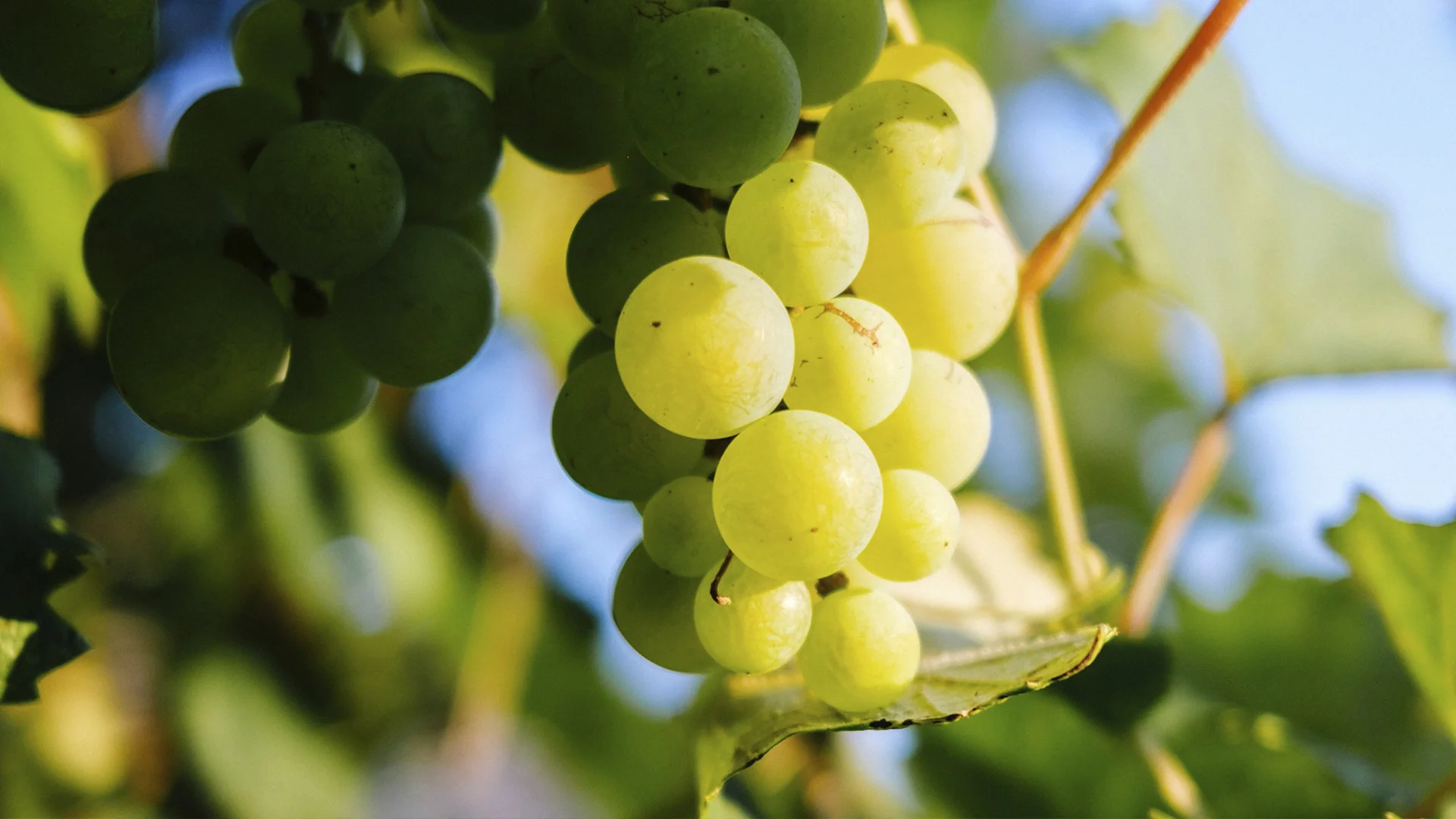
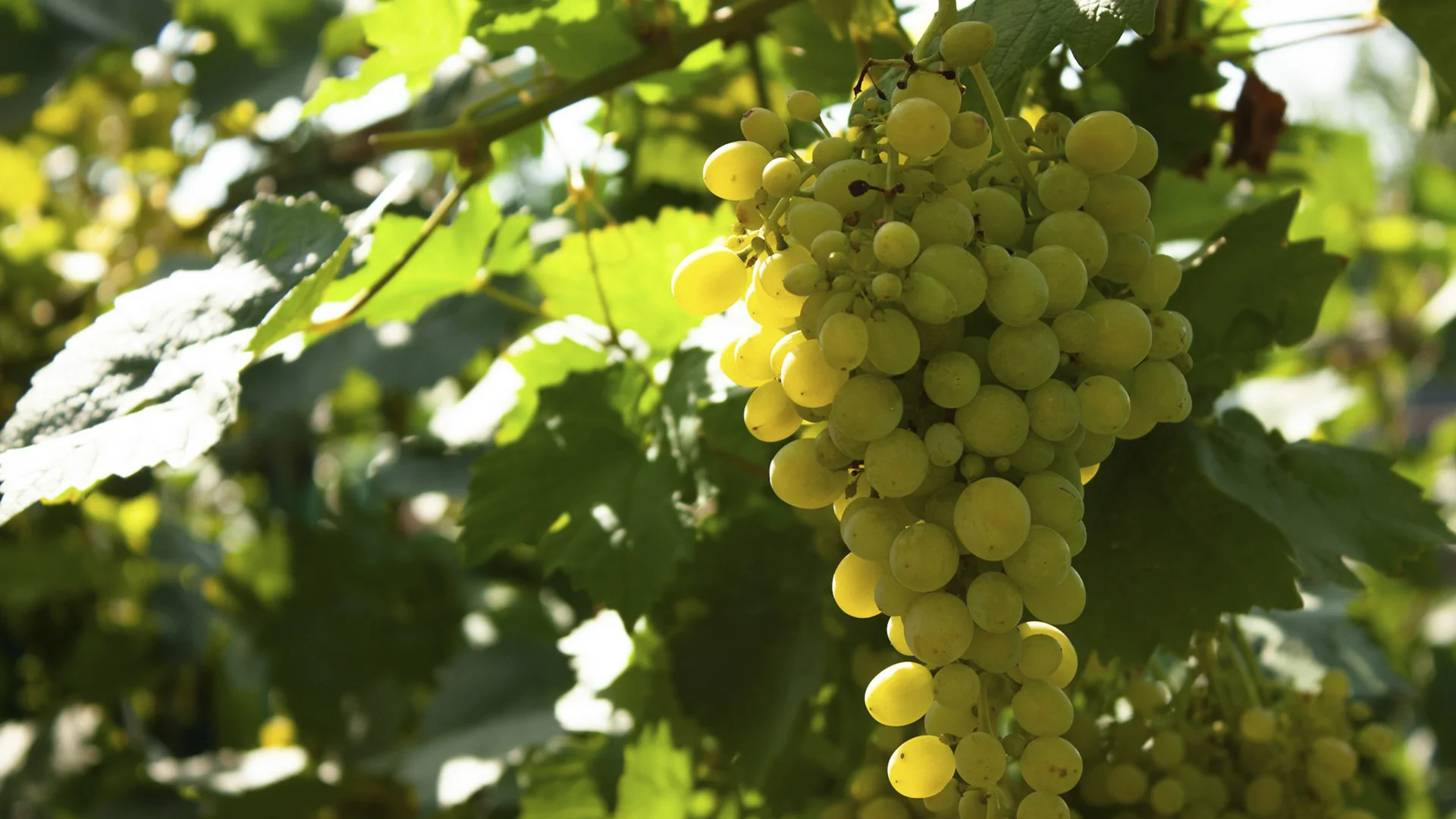
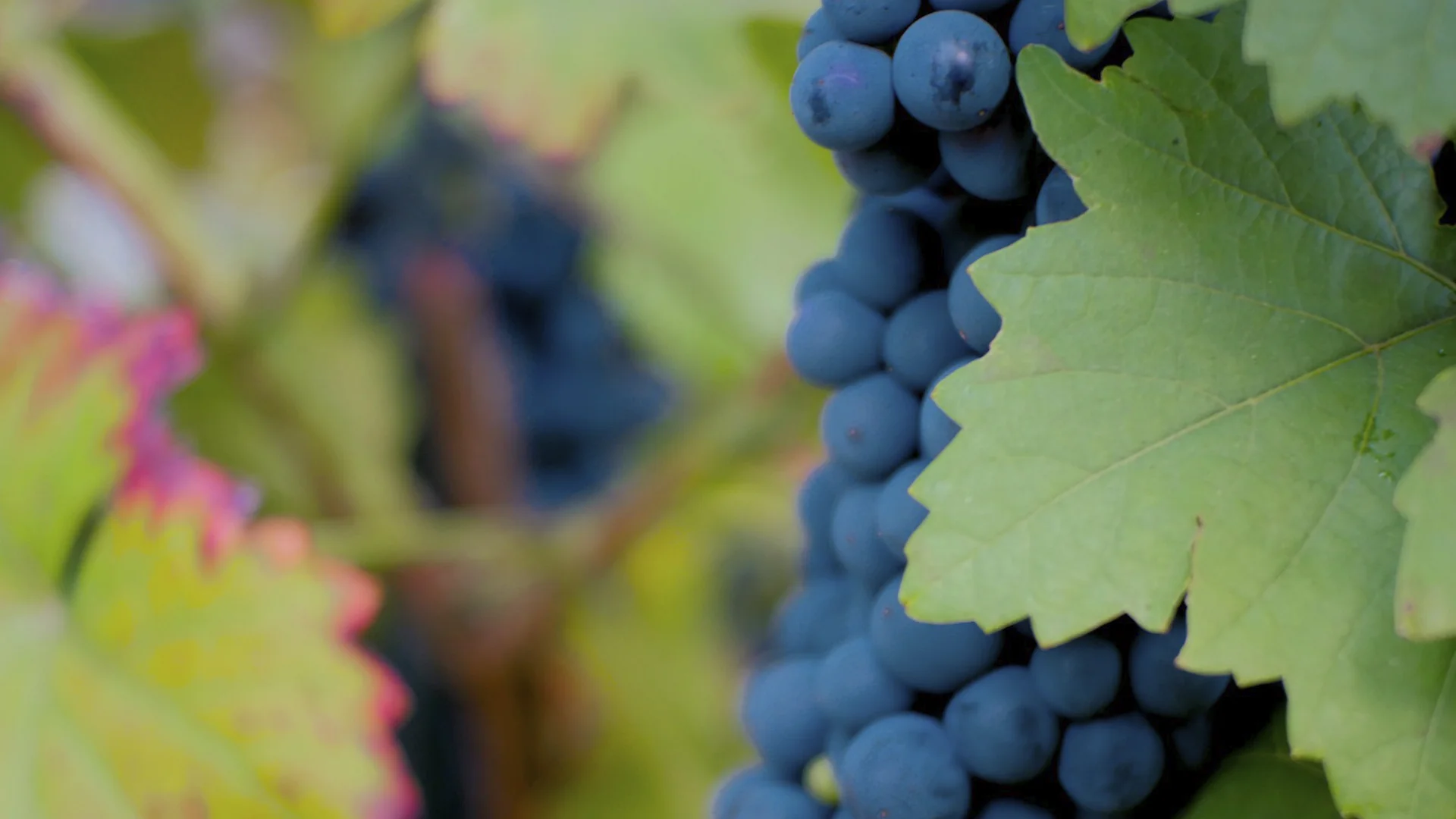
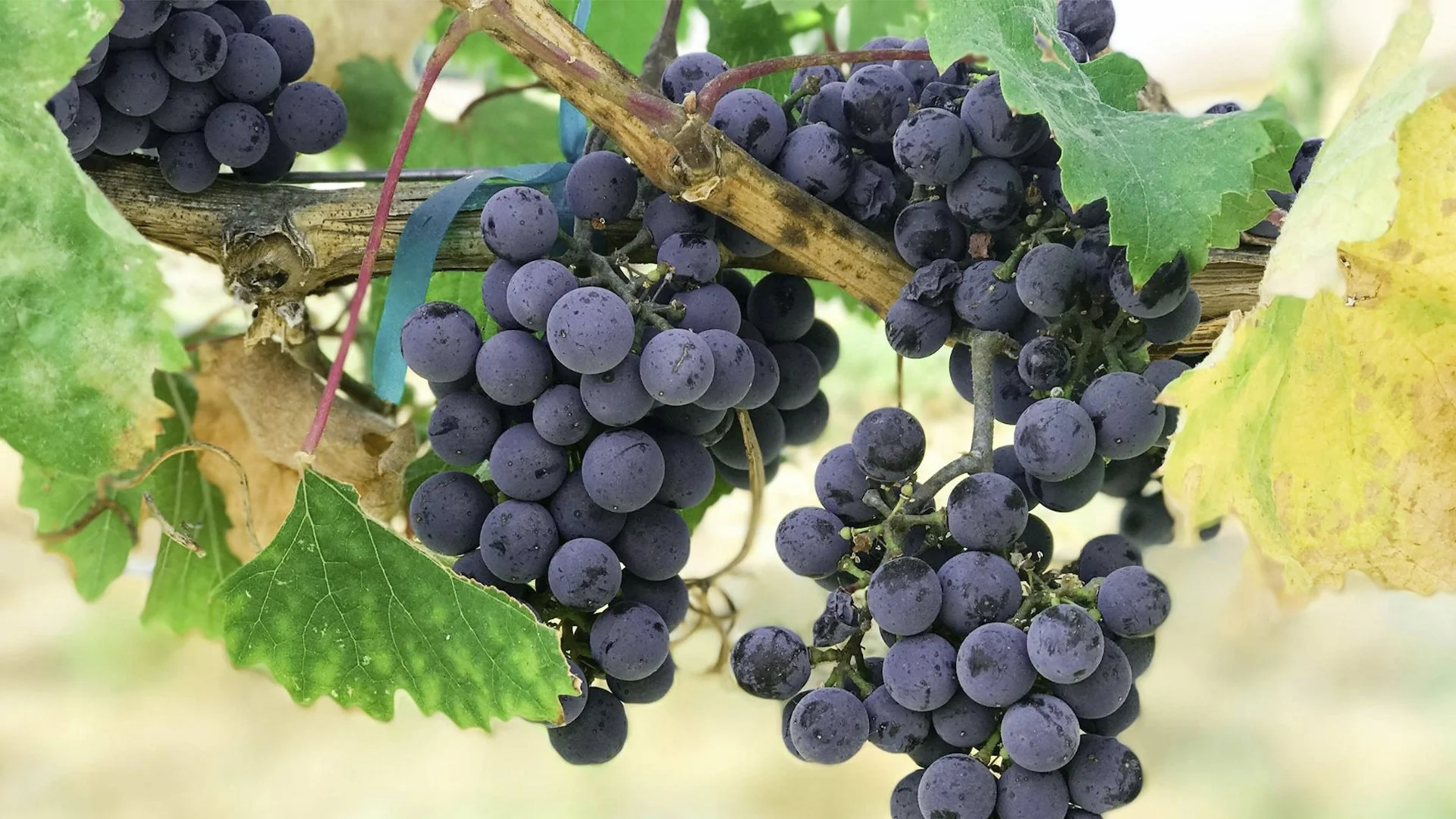
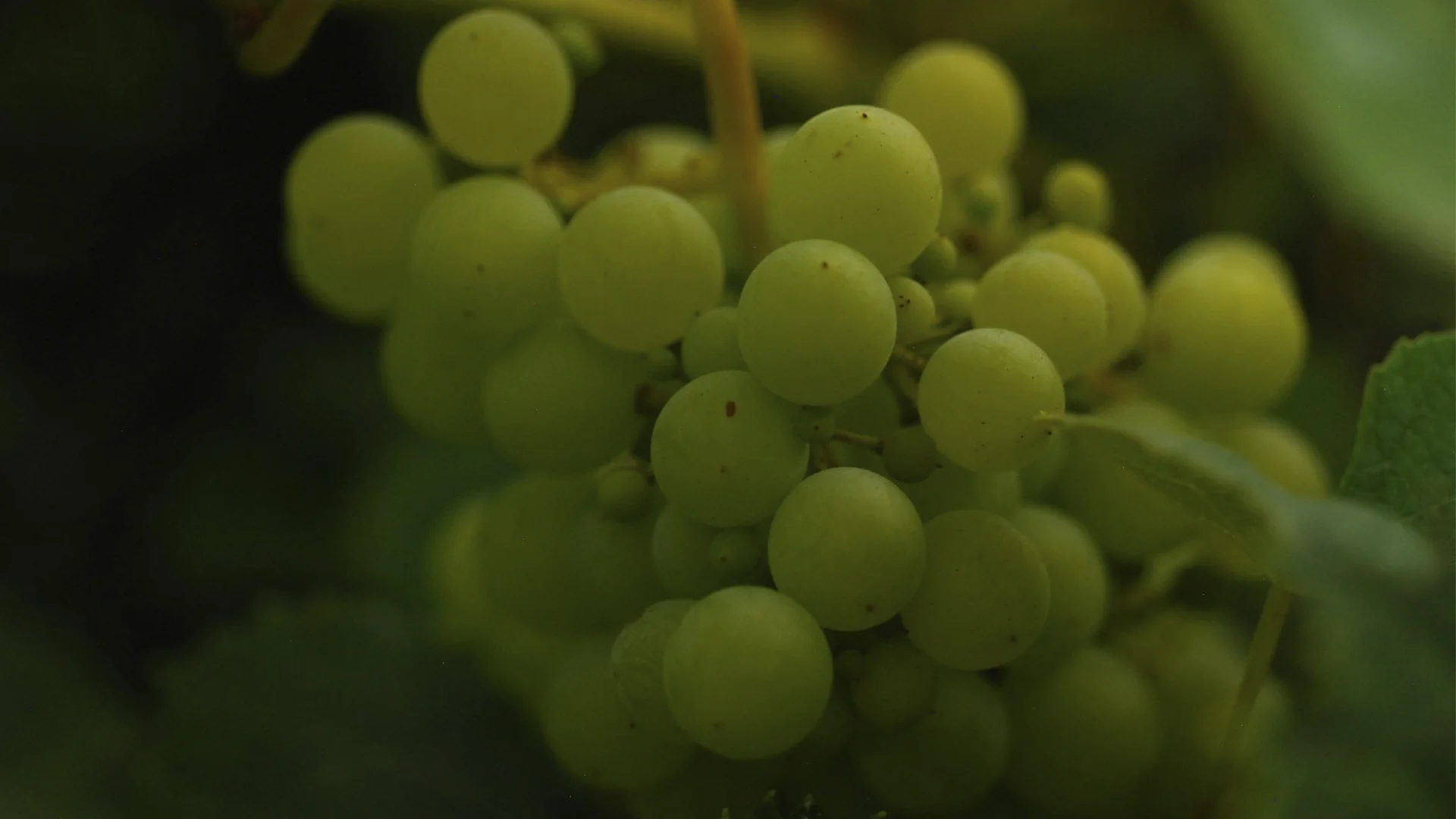
























































































.webp)

.webp)





Are you interested in
collaborating with us?